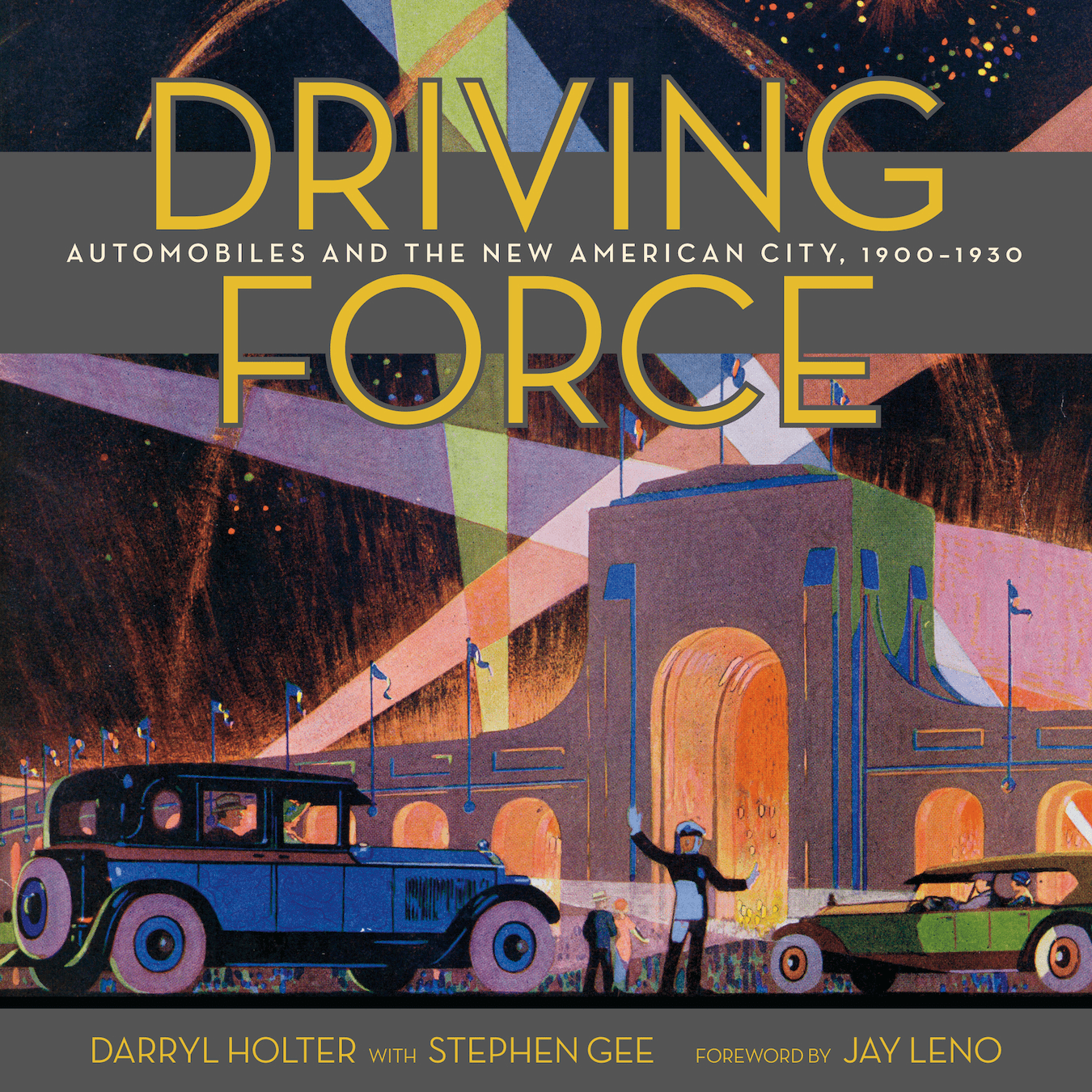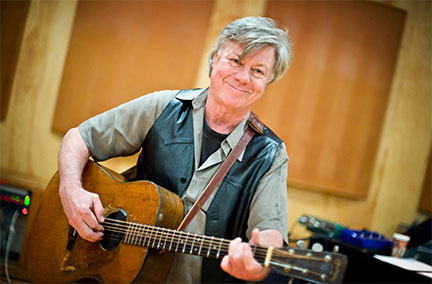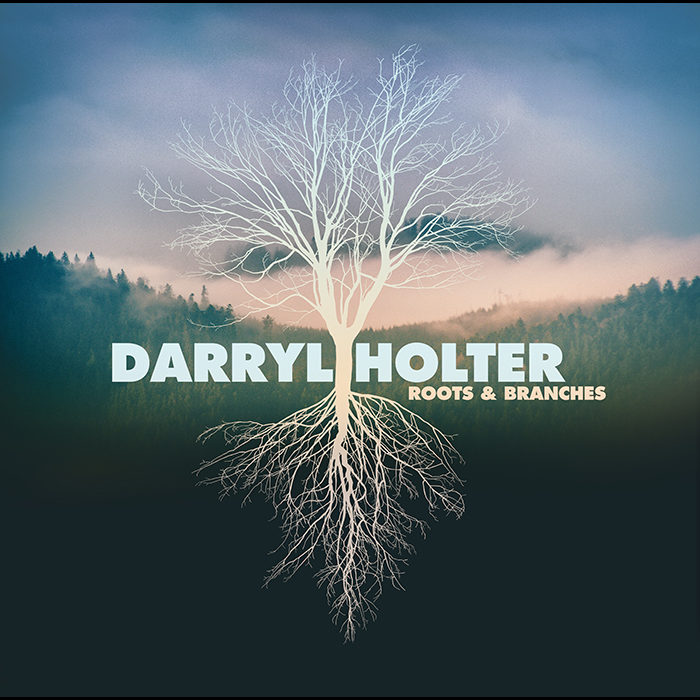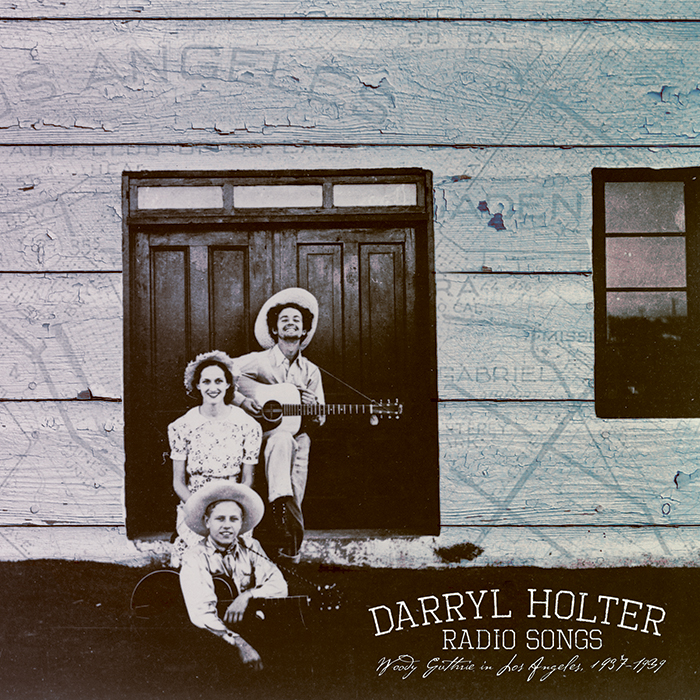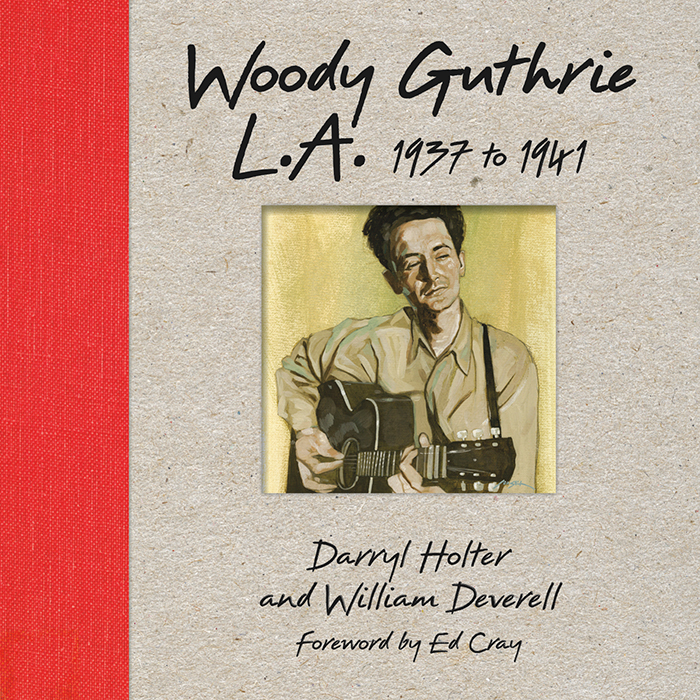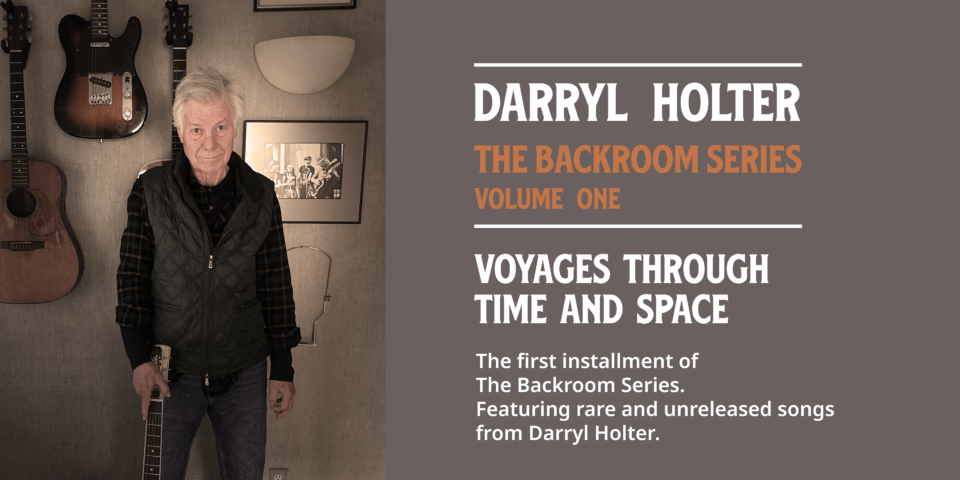
About The Backroom Series: Unreleased, Unfinished Tracks
I have been playing the guitar, singing, and writing songs since I was a kid growing up in Minneapolis. My father, a self-taught guitar player, showed me how to play basic guitar chords and tried to instruct me to read music. But I was impatient and started playing songs by ear, based on what I heard on records and KEVE, the country station, and WDGY, the “modern radio” station that played rock-and-roll.
Since 2008 I have recorded about 40 of songs on five albums (available on Bandcamp.com), working with some great musicians and recording at Capitol Records and Sunset Sounds. But I have also written many songs that have never been recorded. A few months ago, while working in my little room at the back of the house, I took out a few and recorded them on my phone. The results were uneven and unfinished, but somehow satisfying despite their imperfections. Pulling out an old song that I haven’t played for five or ten or fifteen years, recording it and listening to it was sort of like meeting up with an old friend. It felt like I had invited a few friends over to have a drink and listen to a couple of songs they had never heard before.
That is what I am trying to do with The Backroom Series: home record a bunch of unreleased songs and post them on my music website for anyone to hear. And, in some cases, I might add a postscript that explains the context for the song, the reasons I wrote it, or what I think it tries to convey.
So that’s the idea for The Backroom Series. In Volume 1: Voyages through Time and Space I start with “Rose of the Valley”, the first song I ever wrote when I was in grade school. My dad recorded it on his tape recorder, but the original is long gone. However, I remember this simple song, so I re-recorded it on my phone. Then I added four more tracks with some commentary. This is a fun project for me, and I hope you enjoy it.
Download Free Now
at Bandcamp
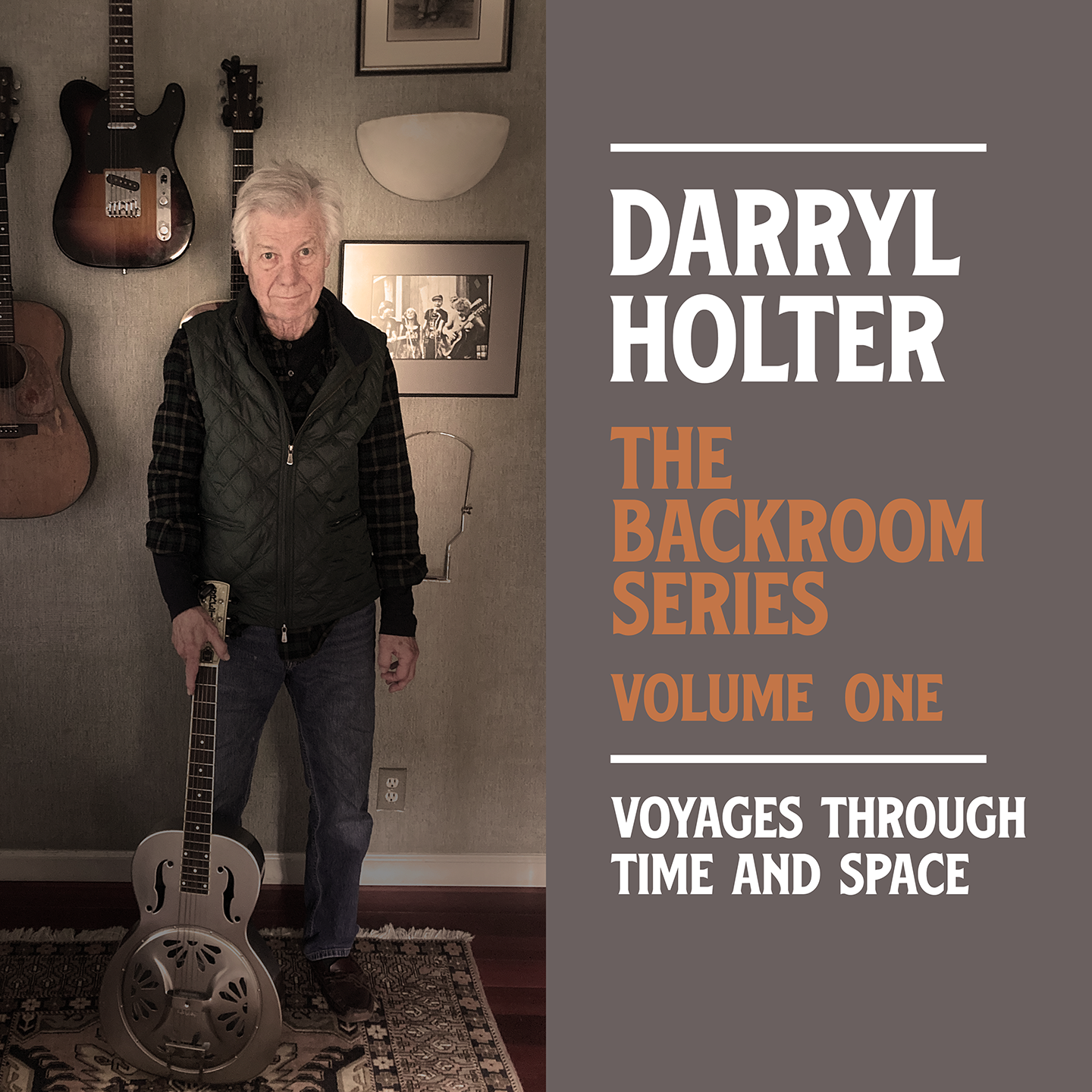
Track Listing:
Rose of the Valley
I started with Sunday School songs and country western songs. This is the first song I wrote, probably in 2nd grade, after I had learned to sing “San Antonio Rose” a popular song on KEVE radio. My dad recorded it on his tape recorder but the original was lost.
The Strike for Saturday Night
When I was researching Wisconsin labor history, I came across this strike by paper-workers in 1902. They walked off the job because they didn’t want to work on Saturday evenings. I agreed with them and thought they deserved their own song.
Where’s Lefty Lou?
In 1937 Woody Guthrie teamed up with Maxine Crissman, nicknamed “Lefty Lou” by Guthrie, to create one of the most popular shows in Los Angeles on KFVD radio. The Dust Bowl refugees loved the old Hill Country songs they heard on “Woody and Lefty Lou”. But when Crissman became ill and left the show, Guthrie renamed the show “Woody the Long Wolf”, shifted to his new political songs, and then left KFVD to join striking farm workers in the Central Valley. I wrote this song as a tribute to Lefty Lou, to make sure we don’t forget her.
A Complicated Night
This story that takes place in northern France where I was doing research for my book on coal miners. After a middle of the night drive from Lille to the Orly airport, the song ends on a somewhat wistful note. But the story begins on a rather complicated night in Lille.
Catch and Release
I love to go fly-fishing in the streams and lakes near Mammoth Lakes, California. Early one morning I drove up to Lake Gardisky for a few hours of angling. Then I drove the Jeep into Lee Vining, parked in front of the coffee shop, ordered lunch, and exchanged philosophical ideas with an inquisitive young waitress.
Download Free Now
at Bandcamp
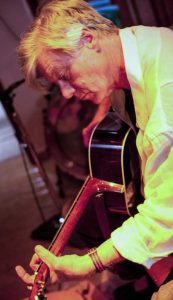
About Darryl Holter
Darryl has recently released his new Roots & Branches album .
Darryl Holter grew up playing the guitar and singing country and rock and roll songs in Minneapolis, Minnesota. As a child, his early influences were Elvis and Johnny Cash, then Bob Dylan, then the folk-rock and country-rock. His current brand of Americana Music draws from country, blues and folk traditions and often tells stories about people, places and events. In 2008 he formed 213 Music and launched his first self-titled album of original songs. Two years later he released “West Bank Gone,” an album that highlighted the West Bank (of the Mississippi River in Minneapolis) music scene in the 1970s. Besides his music, Holter has worked as an academic, a labor leader, an urban revitalization planner, and an entrepreneur.
Historian
Darryl Holter is also a historian who has written on Woody Guthrie and a contributor to the Los Angeles Review of Books.

